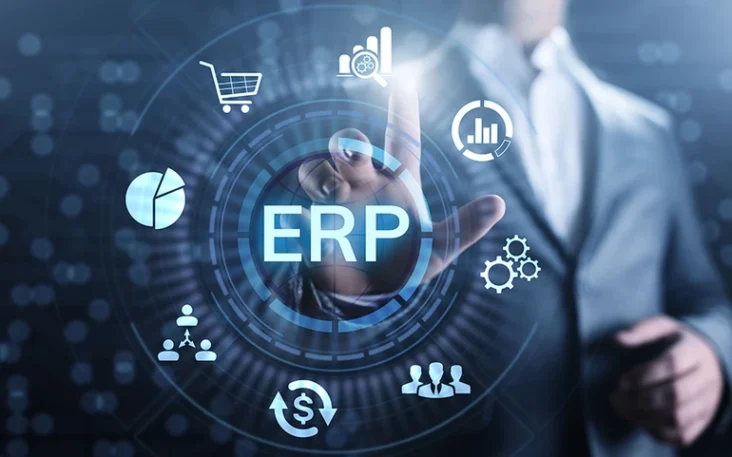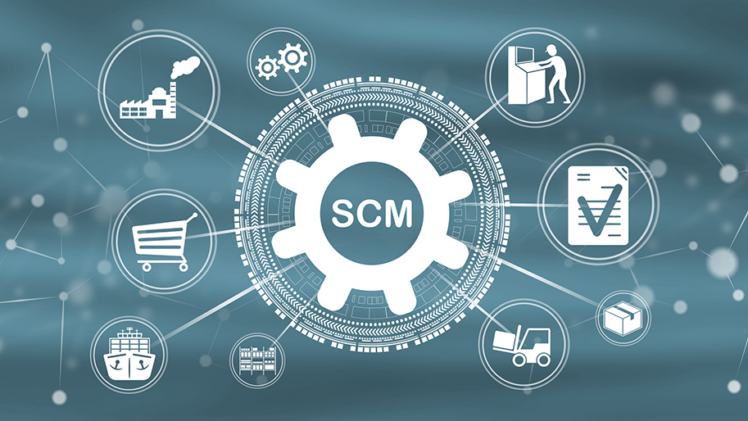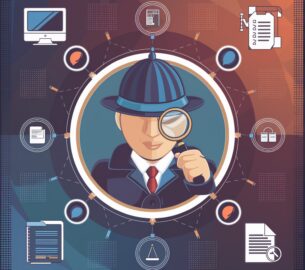In the complex and ever-evolving domain of supply chain management, suppliers’ ability to transition from deduction recovery to proactive prevention is paramount for sustained success. This reimagined article seeks to showcase innovative strategies that empower suppliers to effectively minimize deductions and mitigate potential risks within the supply chain, while also fostering a culture of excellence and collaboration.
1. Anticipatory Solutions: Proactive Early Systems

Source: em360tech.com
Deduction prevention necessitates a forward-thinking approach. A robust early warning system, replete with real-time monitoring and advanced machine learning applications, represents the crucial first line of defense. Integrated with ERP systems, these solutions enable swift and proactive responses to emerging challenges, ensuring that potential issues are identified and addressed before they evolve into significant problems. Proactive anticipation and mitigation are essential components of a sustainable supply chain strategy.
2. Enhanced Communication Protocols: Strengthening Collaboration
Effective and transparent communication is a cornerstone for preventing deduction disputes. It is imperative for suppliers to establish clear communication protocols, offer regular updates on policies and procedures, and implement comprehensive training programs for all stakeholders involved in the supply chain. Embracing cutting-edge technology through collaborative platforms and supplier portals fosters transparency, encourages open dialogue, and minimizes the likelihood of misunderstandings or communication breakdowns, ensuring smooth operations and fostering a supportive environment.
3. Establishing Solid Foundations: Mitigating Deduction Risks
The foundation of deduction prevention lies within clear contractual agreements and terms. Suppliers must ensure absolute transparency regarding pricing, invoicing, and all other critical aspects of the supply chain process, leaving no room for interpretation or misunderstanding. Engaging in regular collaborative problem-solving meetings and addressing potential issues proactively are crucial steps in building resilient deduction-resistant foundations, thereby fortifying the structural integrity of the supply chain and minimizing the likelihood of financial losses.
4. Leveraging Data for Proactive Insights: Harnessing Analytical Tools
Data is an indispensable asset in the realm of deduction prevention. Suppliers can effectively leverage historical data to identify trends and patterns, thereby gaining valuable insights into potential deduction risks. User-friendly and advanced analytical tools, including predictive modeling for deduction risk, equip decision-makers with proactive insights, allowing them to identify and address challenges before they escalate, ultimately reducing the potential impact of deductions on the supply chain’s financial health.
Introducing iNymbus: Deduction Management Software
- iNymbus provides advanced KPIs and detailed reports that help identify root causes, preventing deductions before they occur.
- Not only that even if deductions are issued, iNymbus can dispute them for you 30x faster than manual methods. We support 20+ retailers, from big players like Amazon and Walmart to email disputers like Walgreens.
For a detailed view of our smart deduction prevention software, visit our website.
5. Continuous Vigilance: Sustaining Deduction Prevention

Source: 3pllinks.com
Deduction prevention is an ongoing commitment that requires regular process audits and well-defined key performance indicators. Implementing effective feedback loops fosters continuous improvement, cultivating a culture of vigilance and adaptability within the supply chain, ensuring its resilience and efficiency. By fostering a proactive and vigilant culture, suppliers can stay ahead of potential risks and challenges, thereby reducing the likelihood of deductions and sustaining the overall health and success of the supply chain.
In conclusion, the evolution from a reactive to a proactive supply chain mindset has become an essential strategic imperative in today’s dynamic and highly competitive supply chain management landscape. By embracing anticipatory solutions, strengthening communication channels, establishing solid foundations, leveraging data for proactive insights, and maintaining continuous vigilance, suppliers can confidently navigate the supply chain, mitigating deductions, and positioning themselves for sustained success and excellence in the intricate world of supply chain operations.






